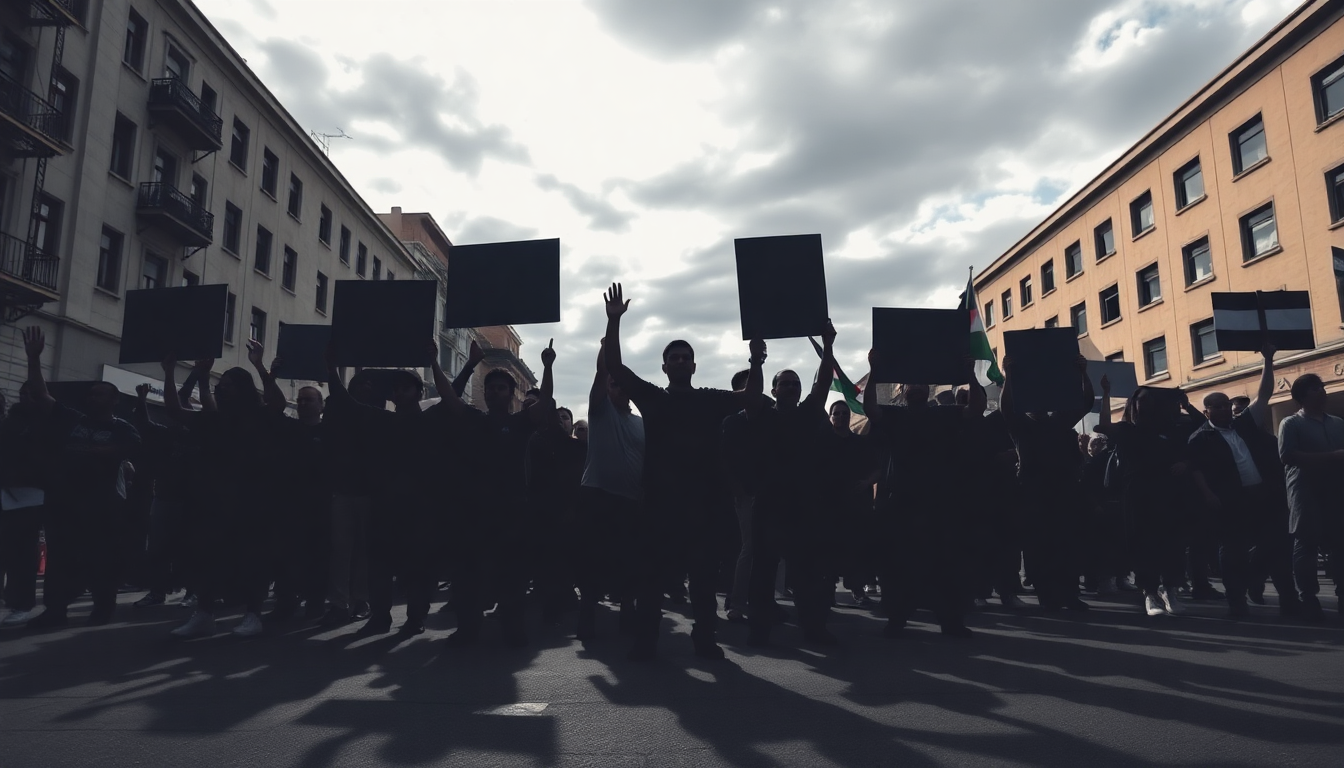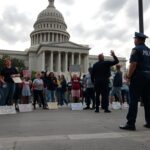Table of Contents
The recent death of Khamis Ayyad, a US citizen, in a settler attack in the occupied West Bank has ignited a significant outcry from the Muslim American community. The Council on American-Islamic Relations (CAIR) is calling on the Trump administration to thoroughly investigate the circumstances surrounding Ayyad’s tragic death.
This incident raises serious questions about the accountability of Israeli forces and highlights the perceived double standards in the legal protections afforded to American citizens abroad. How can we ensure justice when lives are at stake?
Background of the Incident
Khamis Ayyad, a resident of the Chicago area and a devoted father of five, lost his life during a violent confrontation in Silwad, a town situated north of Ramallah. According to reports from Ayyad’s family, this tragic event unfolded when Israeli settlers set fire to vehicles outside his home.
In a brave attempt to extinguish the flames, Ayyad was allegedly met with tear gas fired by the Israeli army, which his family believes played a role in his untimely death. Sadly, Ayyad’s death is part of a troubling pattern of violence against US citizens in the region, as he was one of two American citizens killed in similar attacks just this past July.
The response from the US government has been lukewarm at best, merely acknowledging Ayyad’s death without calling for an investigation or expressing any condemnation. This apparent lack of action has fueled claims from CAIR that the US government is not valuing Palestinian lives equally.
What does this say about our foreign policy and our commitment to human rights?
Legal Framework and Advocacy Efforts
In a letter addressed to Secretary of State Marco Rubio and Attorney General Pam Bondi, CAIR highlighted existing legal frameworks that could support a US investigation into Ayyad’s death.
They specifically referenced the US-Israel Mutual Legal Assistance Treaty (MLAT), which has been applied in previous incidents involving American victims. CAIR’s letter pointed out the inconsistency in the US government’s response, noting that similar legal provisions were utilized during investigations of Hamas attacks in Israel that resulted in American casualties.
This perceived double standard in legal accountability raises vital questions about the US’s commitment to justice and human rights, especially regarding its relationship with Israel. Advocates argue that failing to address violence against Palestinians and Americans alike reflects a broader systemic issue that undermines the integrity of legal protections for all individuals, regardless of their nationality or the circumstances surrounding their deaths. Isn’t it time to demand a fair and just response?
Calls for Action and Future Implications
The CAIR letter is more than just a statement; it serves as a rallying cry for action, urging the US government to move beyond mere formalities and take substantive steps toward accountability. The organization argues that the persistent violence and lack of repercussions for perpetrators compel a rethinking of the US’s foreign policy approach in the region. Congressman Chuy Garcia has echoed these sentiments, calling for a full investigation into Ayyad’s death and accountability for those responsible. Are we ready to stand up for justice?
Given the historical context of violence against American citizens by Israeli settlers and soldiers, it’s crucial for the US government to reassess its role and responsibilities in advocating for justice. The case of Khamis Ayyad could be a pivotal moment in confronting these longstanding issues, with advocates stressing that the time for inaction has long passed. The stakes are high, and the demand for accountability must resonate beyond political convenience to reflect a genuine commitment to justice for all victims of violence. What will it take for us to see real change?





